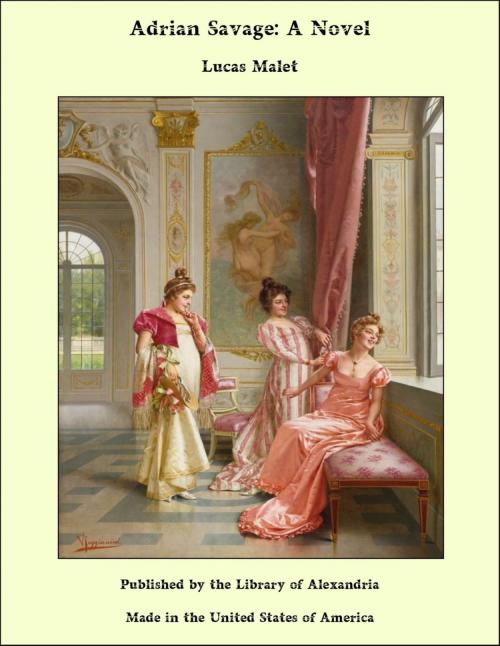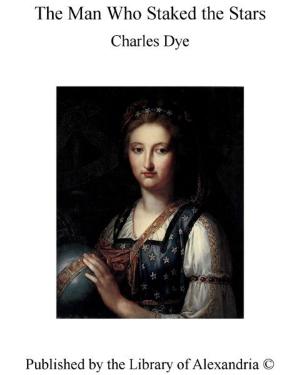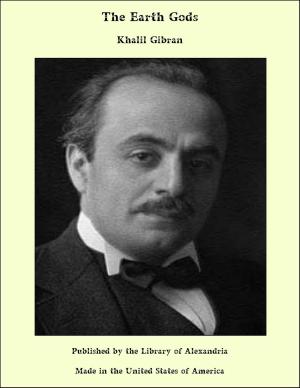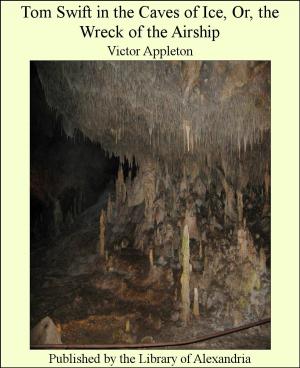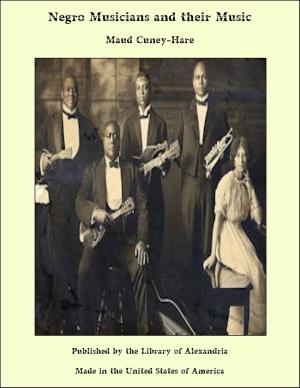| Author: | Lucas Malet | ISBN: | 9781465618726 |
| Publisher: | Library of Alexandria | Publication: | March 8, 2015 |
| Imprint: | Language: | English |
| Author: | Lucas Malet |
| ISBN: | 9781465618726 |
| Publisher: | Library of Alexandria |
| Publication: | March 8, 2015 |
| Imprint: | |
| Language: | English |
Adrian Savage—a noticeably distinct, well-groomed, and well-set-up figure, showing dark in the harsh light of the winter afternoon against the pallor of the asphalt—walked rapidly across the Pont des Arts, and, about half-way along the Quai Malaquais, turned in under the archway of a cavernous porte-cochère. The bare, spindly planes and poplars, in the center of the courtyard to which this gave access, shivered visibly. Doubtless the lightly clad, lichen-stained nymph to whom they acted as body-guard would have shivered likewise had her stony substance permitted, for icicles fringed the lip of her tilted pitcher and caked the edge of the shell-shaped basin into which, under normal conditions, its waters dripped with a not unmusical tinkle. Yet the atmosphere of the courtyard struck the young man as almost mild compared with that of the quay outside, along which the northeasterly wind scourged bitingly. Upon the farther bank of the turgid, gray-green river the buildings of the Louvre stood out pale and stark against a sullen backing of snow-cloud. For the past week Paris had cowered, sunless, in the grip of a black frost. If those leaden heavens would only elect to unload themselves of their burden the weather might take up! To Adrian Savage, in excellent health and prosperous circumstances, the cold in itself mattered nothing—would, indeed, rather have acted as a stimulus to his chronic appreciation of the joy of living but for the fact that he had to-day been suddenly and unexpectedly called upon to leave Paris and bid farewell to one of its inhabitants eminently and even perplexingly dear to him. Having, for all his young masculine optimism, the artist's exaggerated sensibility to the aspects of outward things, and equally exaggerated capacity for conceiving—highly improbable—disaster, it troubled him to make his adieux under such forbidding meteorologic conditions. His regrets and alarms would, he felt, have been decidedly lessened had kindly sunshine set a golden frame about his parting impressions.
Adrian Savage—a noticeably distinct, well-groomed, and well-set-up figure, showing dark in the harsh light of the winter afternoon against the pallor of the asphalt—walked rapidly across the Pont des Arts, and, about half-way along the Quai Malaquais, turned in under the archway of a cavernous porte-cochère. The bare, spindly planes and poplars, in the center of the courtyard to which this gave access, shivered visibly. Doubtless the lightly clad, lichen-stained nymph to whom they acted as body-guard would have shivered likewise had her stony substance permitted, for icicles fringed the lip of her tilted pitcher and caked the edge of the shell-shaped basin into which, under normal conditions, its waters dripped with a not unmusical tinkle. Yet the atmosphere of the courtyard struck the young man as almost mild compared with that of the quay outside, along which the northeasterly wind scourged bitingly. Upon the farther bank of the turgid, gray-green river the buildings of the Louvre stood out pale and stark against a sullen backing of snow-cloud. For the past week Paris had cowered, sunless, in the grip of a black frost. If those leaden heavens would only elect to unload themselves of their burden the weather might take up! To Adrian Savage, in excellent health and prosperous circumstances, the cold in itself mattered nothing—would, indeed, rather have acted as a stimulus to his chronic appreciation of the joy of living but for the fact that he had to-day been suddenly and unexpectedly called upon to leave Paris and bid farewell to one of its inhabitants eminently and even perplexingly dear to him. Having, for all his young masculine optimism, the artist's exaggerated sensibility to the aspects of outward things, and equally exaggerated capacity for conceiving—highly improbable—disaster, it troubled him to make his adieux under such forbidding meteorologic conditions. His regrets and alarms would, he felt, have been decidedly lessened had kindly sunshine set a golden frame about his parting impressions.
